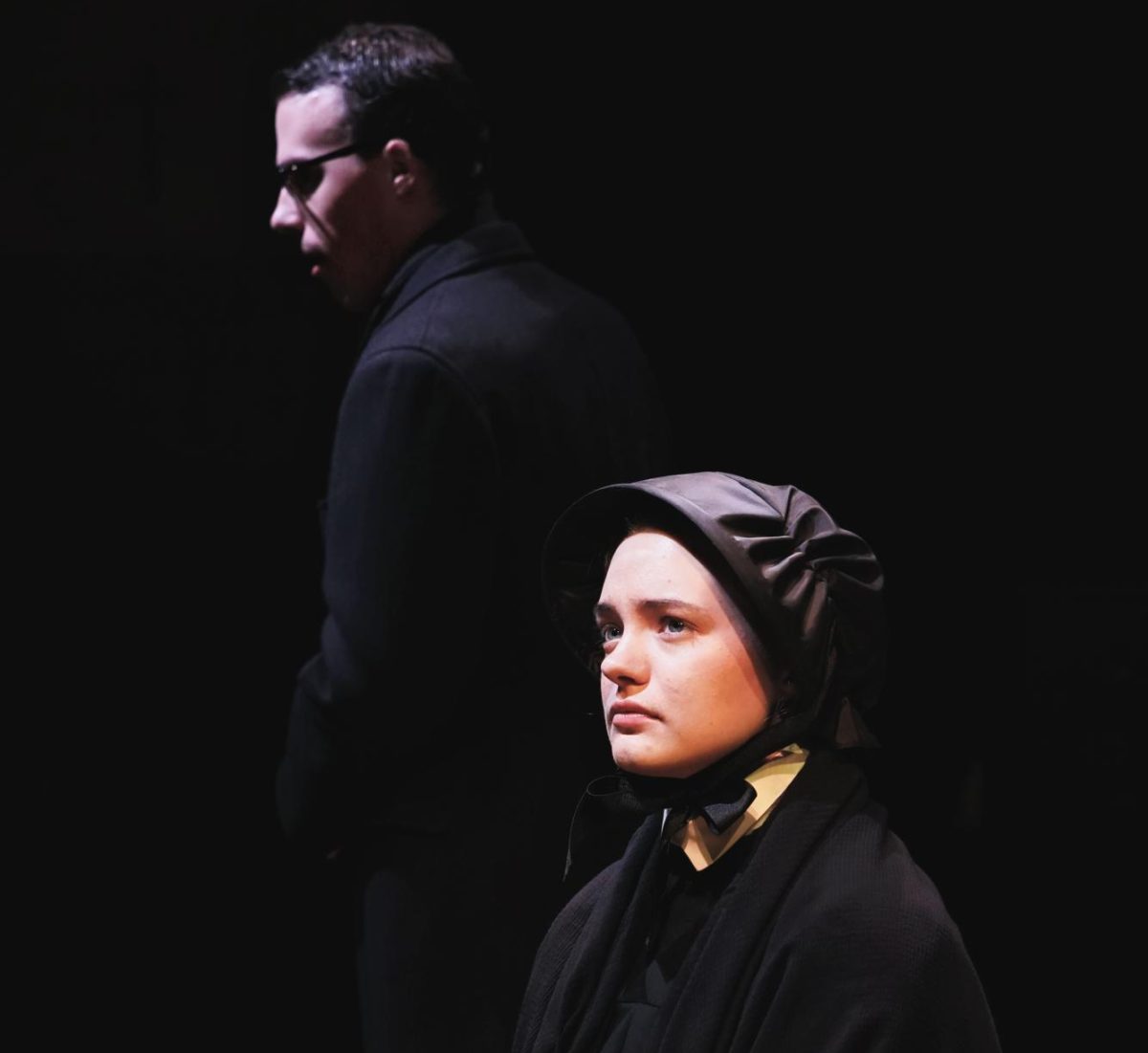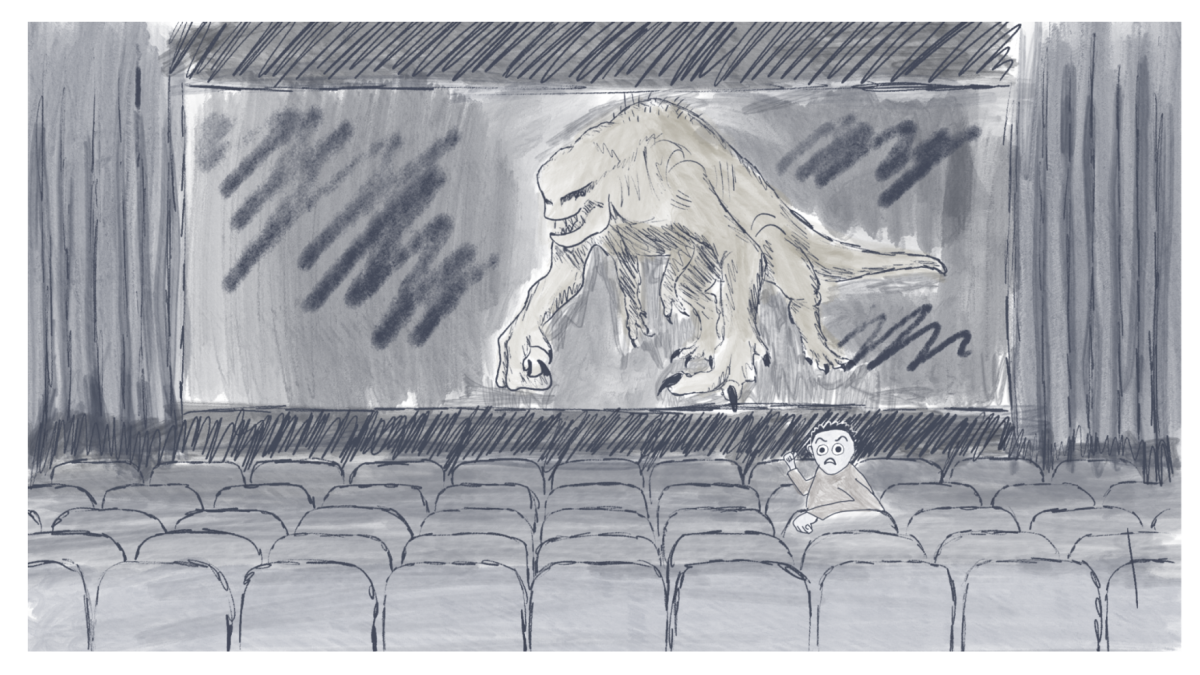You’ve probably heard of the classic love triangle between Lancelot, Guinevere and King Arthur – the tale has been told countless times, but the story usually boils down to Guinevere and Lancelot in a steamy romantic tryst, hiding their undying love from the kind but rather boring King Arthur. Lancelot is Camelot’s noblest knight, but at the same time he betrays his king by scandalously sleeping with Arthur’s wife. The term for such a relationship – courtly love – is trademarked by a religious dedication to one’s lover and unfulfilled passion, usually extramarital.
The Arthurian romance may also sound like every romantic comedy you’ve ever seen. Think “My Best Friend’s Wedding,” “13 Going on 30” or “Letters to Juliet.” The boring partner is swapped out for the dashing stranger, and after a feature-length film runtime of near-misses and awkward, passionate moments, the lovers are finally united.
Rather than a resolution of romantic bliss, however, the Lancelot and Guinevere story usually ends in tragedy. Even though their love is pure and true, the fact that they can never marry demands that their story end in their permanent separation For example, in Sir Thomas Malory’s “Le Morte d’Arthur,” after Arthur’s death, Guinevere repents and becomes a nun, Lancelot (because he needs to be just like her) becomes a monk, and then they both die around the same time from broken hearts.
In Guinevere’s case, I argue that her affair should be wholeheartedly forgiven, if not celebrated. After all, marriage during the Middle Ages was little more than an economic transaction. Women had no say in who they married and were simply traded for political or economic gains. For medieval men and women, love had to be extramarital. Guinevere chose Lancelot; only the stale bond of marriage tied her to Arthur.
In modern society, we don’t need the trope of courtly love to find our partners. When you’re dating Arthur and Lancelot suddenly comes along, just break up with Arthur and date Lancelot. Wars don’t need to be fought, and nobody needs to become a monk or die of heartbreak. Relationships should be based on love, and they should not be guaranteed to last forever. In our society today, we have the remarkable ability to choose who we want to spend our time with. Love doesn’t have to involve courtly affairs and love triangles.
Even though it would be pretty awesome to live in a world with Merlin, dragons and knights in shining armor, the romantic side of medieval life is not something to aspire to. In our modern world, divorce exists, breaking up is an option and relationships are not built on money and land acquisitions.
One thing that can be learned from the story of Guinevere and Lancelot is that love is difficult. Long distance relationships, political differences and unrequited feelings all make love challenging. Relationships today still need work and dedication. And Lancelot and Guinevere’s dedication to each other is admirable. Sure, their affection is sometimes borderline maniacal, but they do truly love each other, and they remain true to each other through endless trials. When you do find love, stick to it the way Lancelot and Guinevere do. And if you don’t feel that spark of passion in your relationship, or if you have feelings for someone else, there are no medieval rules forcing you to stay with that person.
To all you romantics, I truly hope you find your own, less-obsessive Lancelot and a healthy relationship that is not built around the trope of courtly love.
Having trouble navigating the St. Olaf dating scene? Email your questions to [email protected] and maybe one of our love columnists will answer them in next week’s issue. All submitted questions will remain anonymous.






